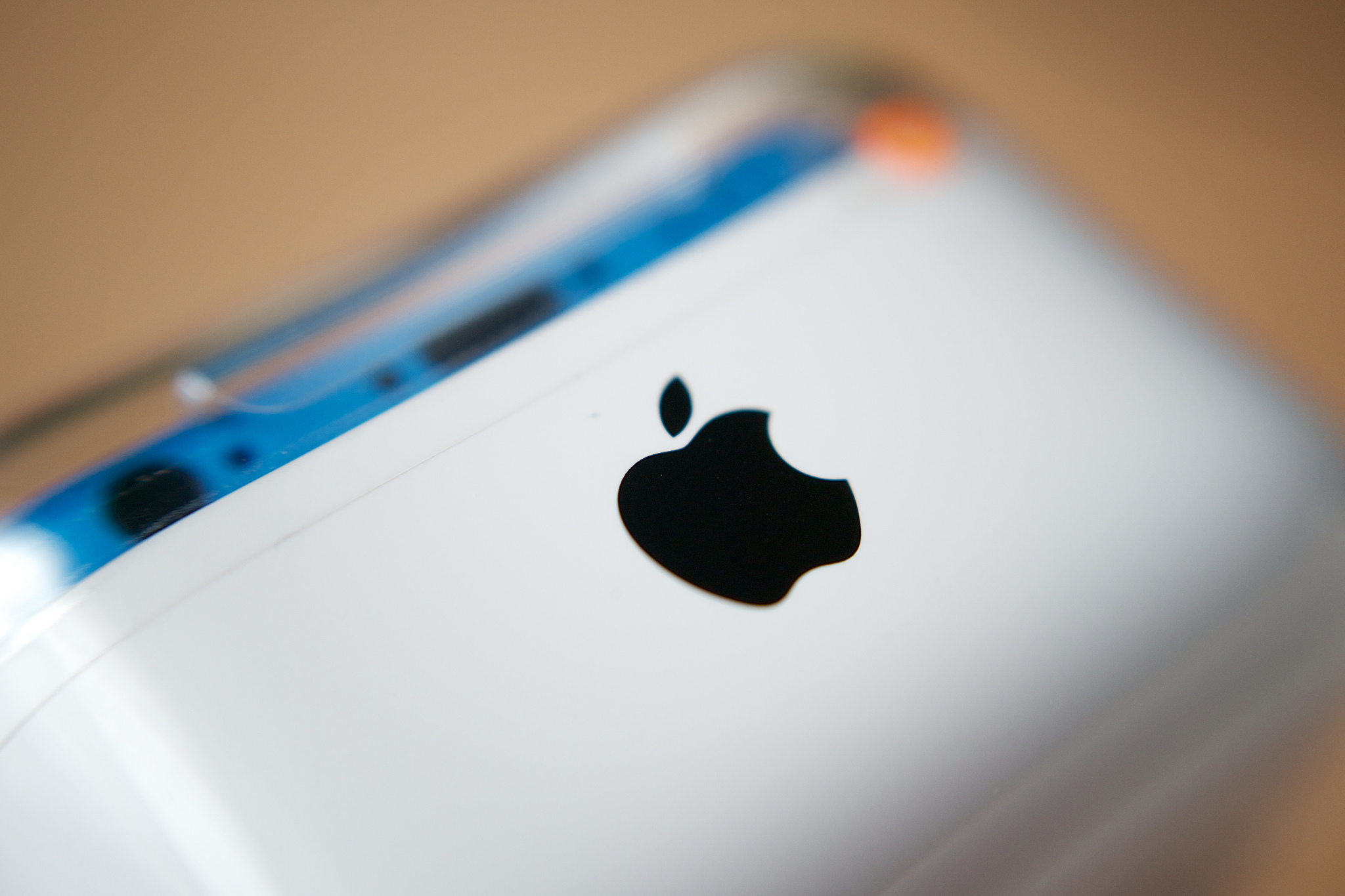Raging riots—er, protests—across the country shine spotlights on law enforcement, following release of citizen-captured video showing the death of George Floyd under the knee of Minneapolis police officer Derek Chauvin. A lifetime—oh, yeah, just eight days—has passed since the incident that precipitated looting, property destruction, and violence in major cities across America, including San Diego.
Is surveilling cops the new thing, in the wake of the alleged MPLS murder and its aftermath? I wonder. Today, as I walked through the alley separating Campus and North, flashing cop car lights along Monroe near Park caught my attention. Approaching, I saw some dude apparently filming what looked like an insignificant incident—something to do with a car that would later be towed. His iPhone pointed at one of the two “Protect and Serve” vehicles. I circled and captured four shots of him, using Leica Q2, from two different vantage points. Apparently, he saw me take the last photo, pulled back the smartphone, and walked off fairly fast—to the corner, around it, and away.











